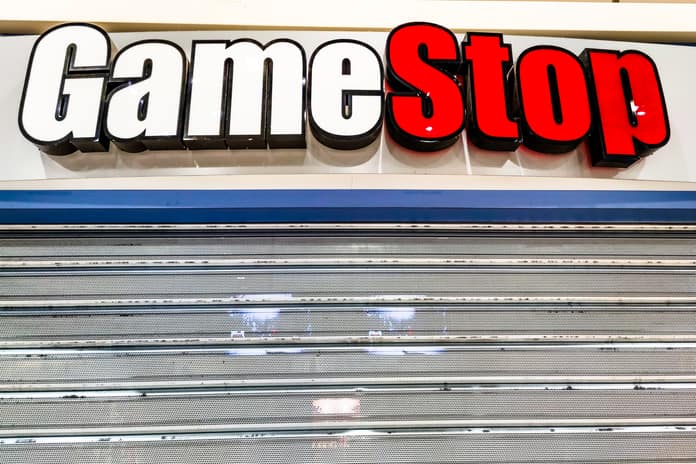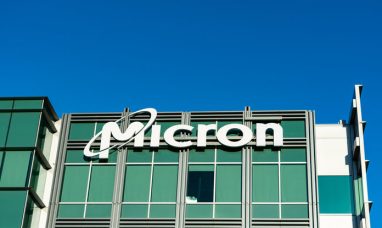After the initial surge, GameStop’s shares, headquartered in Grapevine, Texas, moderated to a 65% increase by 11:20 a.m. in New York. This resurgence echoes the meme-stock frenzy of 2021, driven by liquidity-rich investors who challenged short-selling hedge funds, yielding substantial losses for entities like Melvin Capital Management, which eventually ceased operations.
Despite short sellers gaining around $400 million from January through April, the rapid swings typical of meme-stock trading wiped out these gains. According to S3 Partners, the proportion of GameStop shares being shorted remains high at about 24%, significantly above average but still below the extreme 140% seen before the 2021 surge.
Moreover, the cost of shorting GameStop shares has increased over the past week as the stock has climbed, with borrowing costs now exceeding a 10% annual financing fee, highlighting the risks and volatility associated with betting against meme stocks.
Featured Image: Megapixl© Bennymarty














